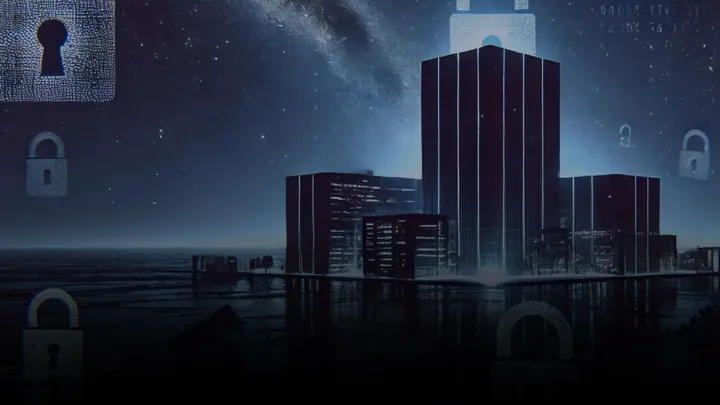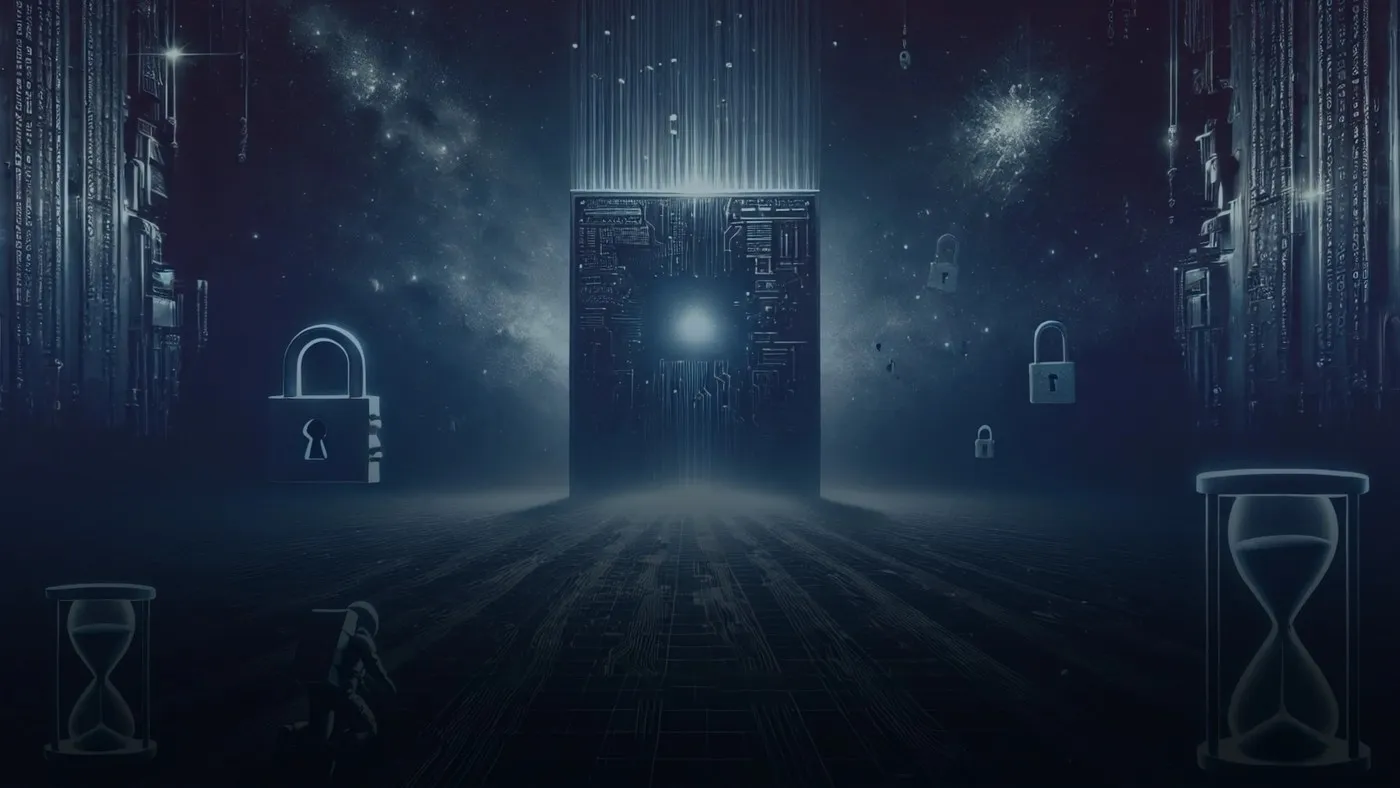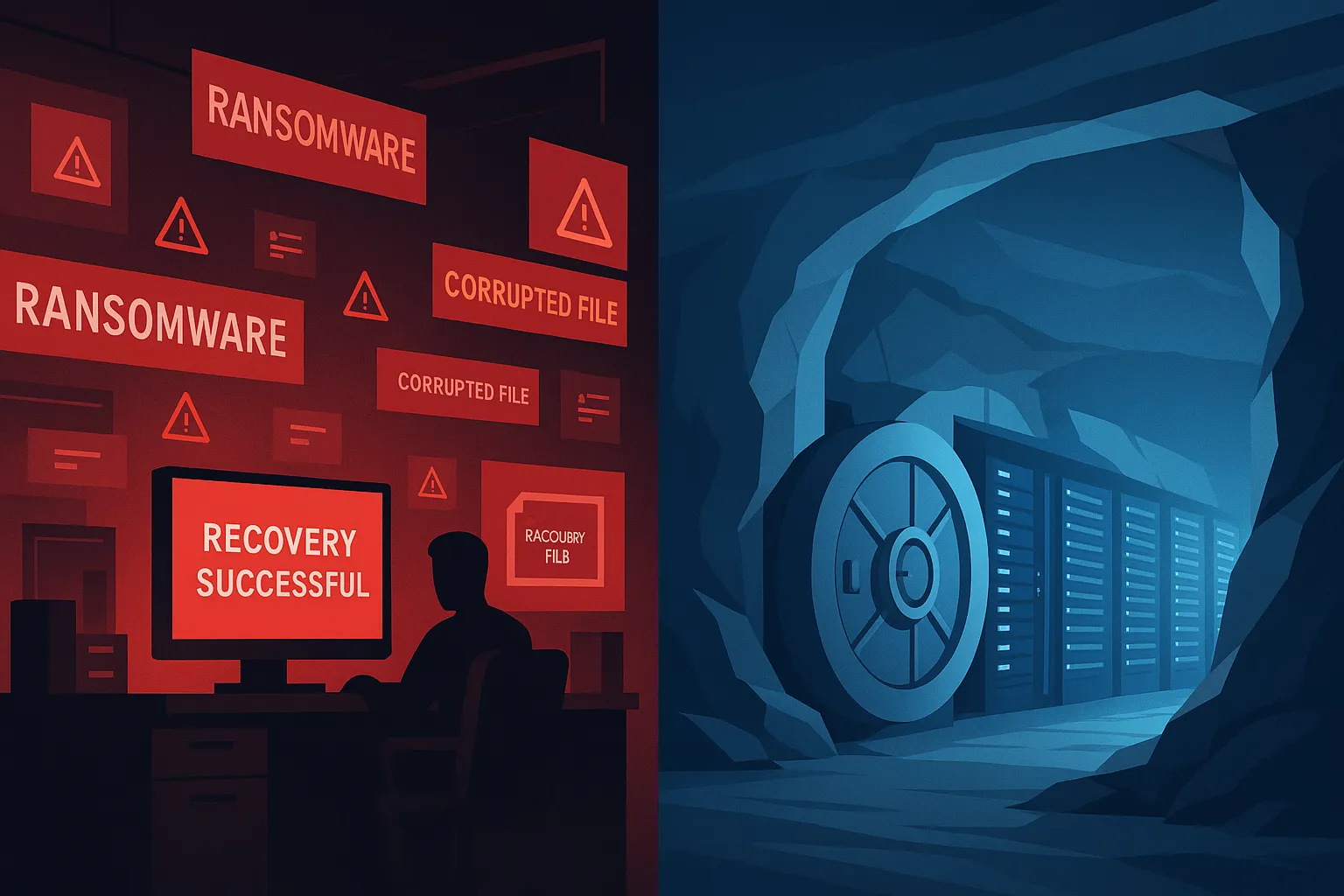How to build a ransomware-resilient organization for long-term security

In September 2023, a cyberattack on MGM Resorts turned into one of the most disruptive and expensive incidents in the hospitality industry's history. MGM Resorts, a global leader in luxury hotels and casinos, faced a sophisticated attack that stopped their operations across their properties. The attack didn't just result in sensitive data theft but it brought the company's operations to a grinding halt and loss of $100 million in revenue and remediation expenses.
Ransomware attacks are a major concern for businesses that rely on technology in their services and handle vast amounts of data every single day. Ransomware protection is about keeping that data secure, maintaining trust with all parties involved and safeguarding the business's continuity. Building a ransomware-resilient organization with actionable, long-term security strategies is crucial for any tech-driven company, so that nightmare cases like MGM's ransomware attack—don't happen. Here are some actionable steps to take to help keep a company's data safe and secured.
Understanding ransomware and its impact
Ransomware is malicious software that encrypts data and blocks access until a ransom is paid. These attacks lead to substantial financial and reputational damage for any company affected, and dealing with them is not great either. Global ransomware costs are projected to reach $265 billion by 2031, according to Cybersecurity Ventures. In Europe, the stakes are even higher, as ransomware breaches often violate the General Data Protection Regulation (GDPR). This leads to penalties and major damages for organizations' image that store data in the cloud.
Cloud storage security matters, really
Cloud storage delivers agility, scalability, and cost-efficiency, as well as a different set of security challenges. Ransomware attackers have increasingly targeted vulnerabilities to encrypt stored data in organization's cloud infrastructure. A cloud storage provider's security practices play a massive role in ransomware resilience, and an advanced encryption and proactive threat monitoring are all vital for safeguarding data. Organizations benefit from data protection measures that meet and exceed the necessary security standards. These defenses are especially relevant for European businesses facing GDPR compliance pressures and the need for a trusted storage solution that understands the local as well as global compliancy measures.
Good backup and recovery measures are crucial
A well-designed backup and recovery strategy is critical to ransomware resilience. The principle here is straightforward: Regularly backing up data ensures that, even in the event of an attack, organizations can restore their systems without having to give in to ransom demands. According to a study by IBM Security, comprehensive backup management is one of the most effective ways to mitigate ransomware risks. Cloud storage backup systems should be built with redundancy in mind so that data is securely stored and easily accessible.
Immutable storage is tamper-proofed
By making data unalterable, businesses ensure that even if an attacker gains access, they cannot encrypt or delete crucial files. Immutable storage means that even in the unfortunate event of a security breach, organizations' data remains intact. Data or files stored in an immutable storage cannot be altered or deleted once they are there. So for industries like finance or healthcare with strict compliance standards, data integrity is essential and immutable storage makes sure that the record stays tamper-proofed.
Hey, who compromised the login credentials?
Multi-Factor Authentication (MFA) strengthens security by requiring users to verify their identity through two or more methods. This access management is a cornerstone of ransomware resilience, and it significantly reduces the chances of unauthorized access, even if login credentials are compromised. Many ransomware attacks start with compromised credentials obtained through phishing or brute-force attacks. MFA provides an extra layer of defense by making it far more challenging for attackers to move from credential theft to actual access.
For companies managing high volumes of sensitive client data, like managed service providers, implementing MFA across all user accounts could make a critical difference in preventing the spread of a ransomware attack throughout the network.
Regular security audits and trained personnel
Regular security audits and vulnerability assessments are an important part of ransomware resilience according to the European Union Agency for Cybersecurity (ENISA). By periodically testing the systems for weaknesses, organisations can address potential vulnerabilities before they are exploited. In addition, regular employee training on cybersecurity practices, including recognizing phishing attempts, verifying sources, and using strong passwords, help minimise the risk of attacks caused by human-error. No one wants to have the graceful label of an employee who accidentally leaked important data and therefore, a well-informed workforce is an essential component of any cybersecurity plan.
Prioritise GDPR compliance, NIS-2 Directive, and European Data Protection Standards
For European businesses, compliance with the GDPR is mandatory. It holds organizations accountable for protecting personal data and mandates strict reporting of data breaches, with non-compliance leading to gut-punching fines and reputational damages. SpaceTime, as a Finland-based cloud provider, offers storage solutions designed to be GDPR-compliant so that organizations and businesses can meet these high standards while reducing their exposure to legal and regulatory risks.
Beyond GDPR, however, the upcoming NIS-2 Directive (Network and Information Security Directive 2) strengthens the regulatory framework for critical infrastructure and essential services, such as those provided by cloud and managed service providers. NIS-2 broadens the scope of cybersecurity requirements all across the EU and mandates that companies use comprehensive risk management strategies, reporting mechanisms, and strict access controls to prevent data breaches and ransomware attacks.
Choosing a storage provider
Building a ransomware-resilient organization requires a comprehensive approach to data security so that everything from backup management to compliance with European regulations to mitigated risk of attacks stay as a priority. By selecting a cloud storage provider that emphasizes security and understands the local European market as well as global processes and regulations, organizations create a long-term resilience against ransomware and other cyber threats and can avoid vulnerabilities from being exploited, like what happened with MGM Resorts in 2023.



